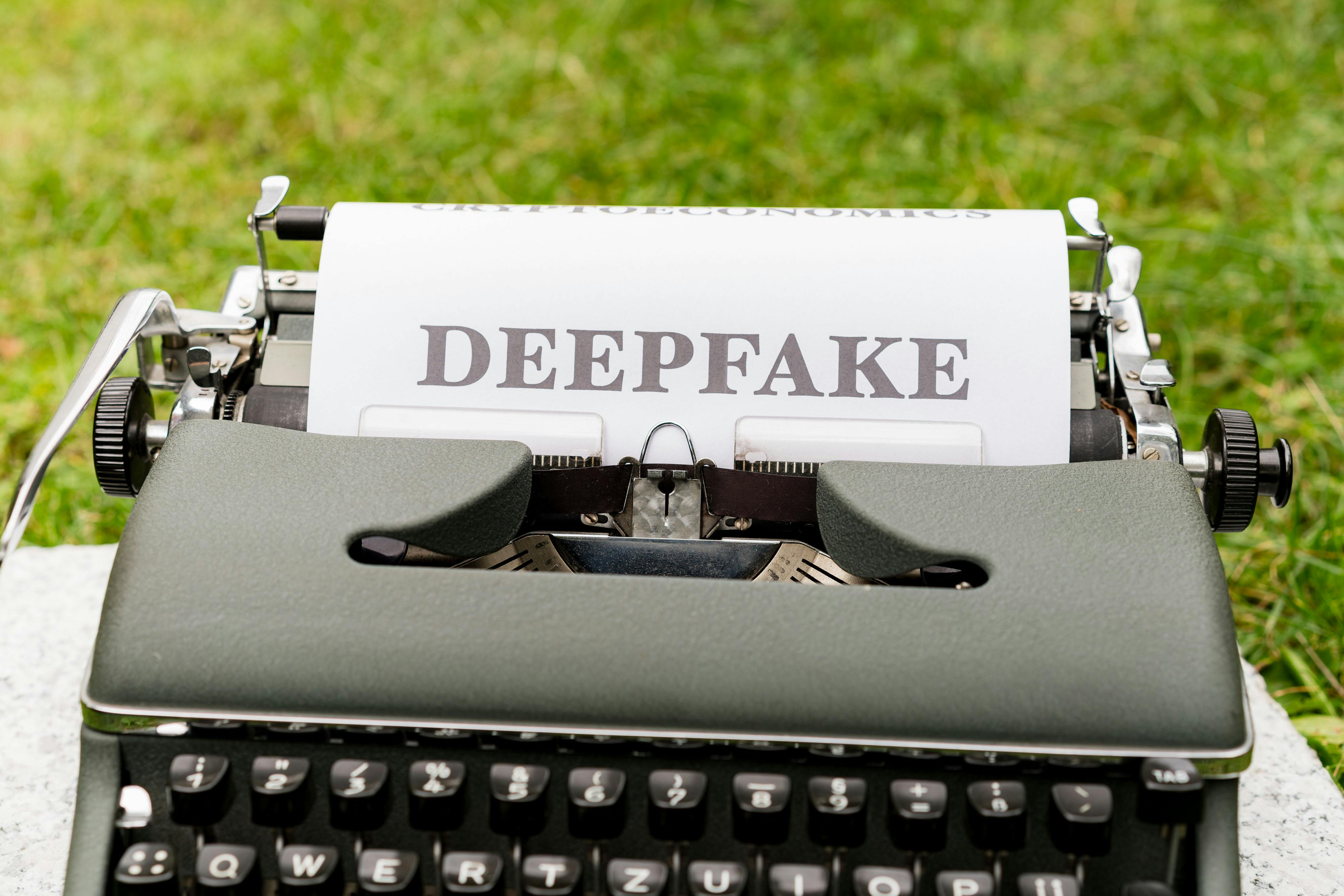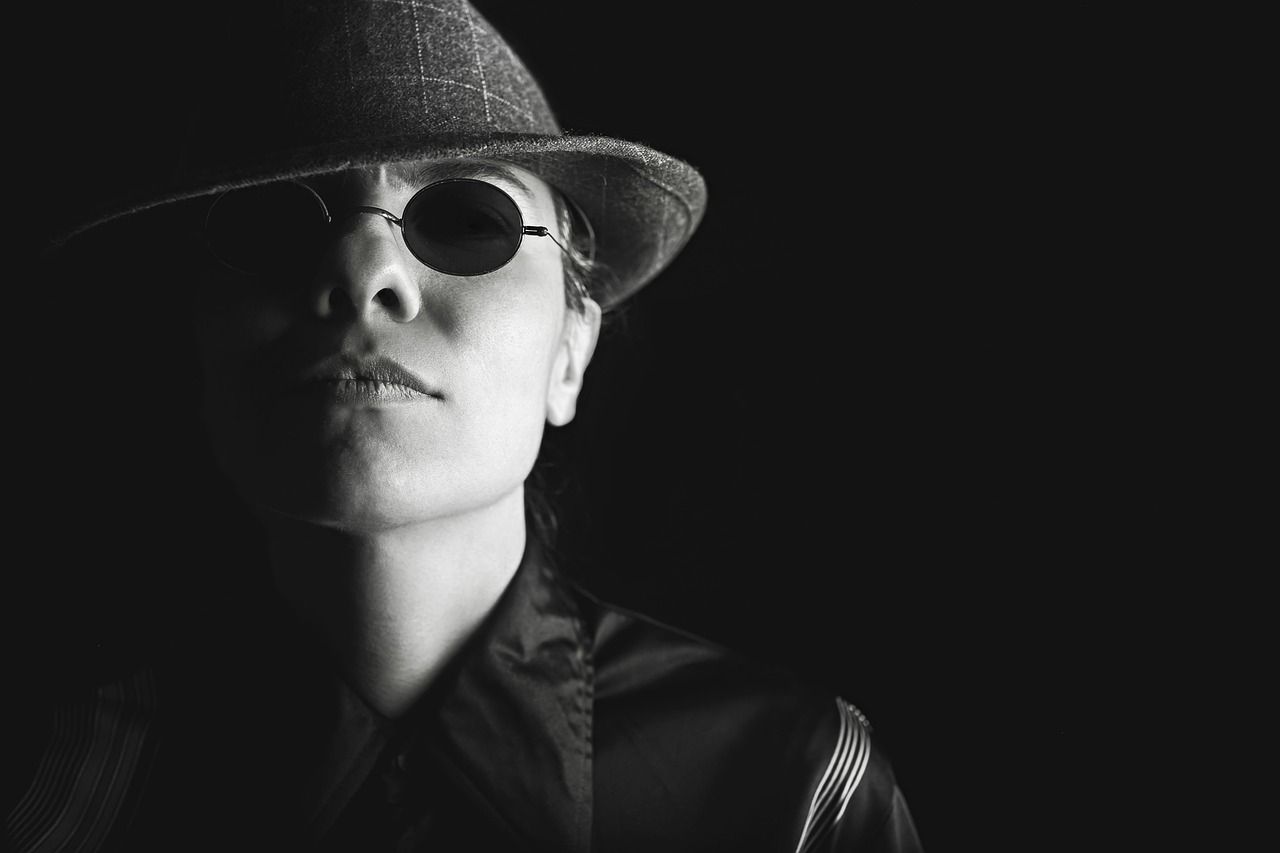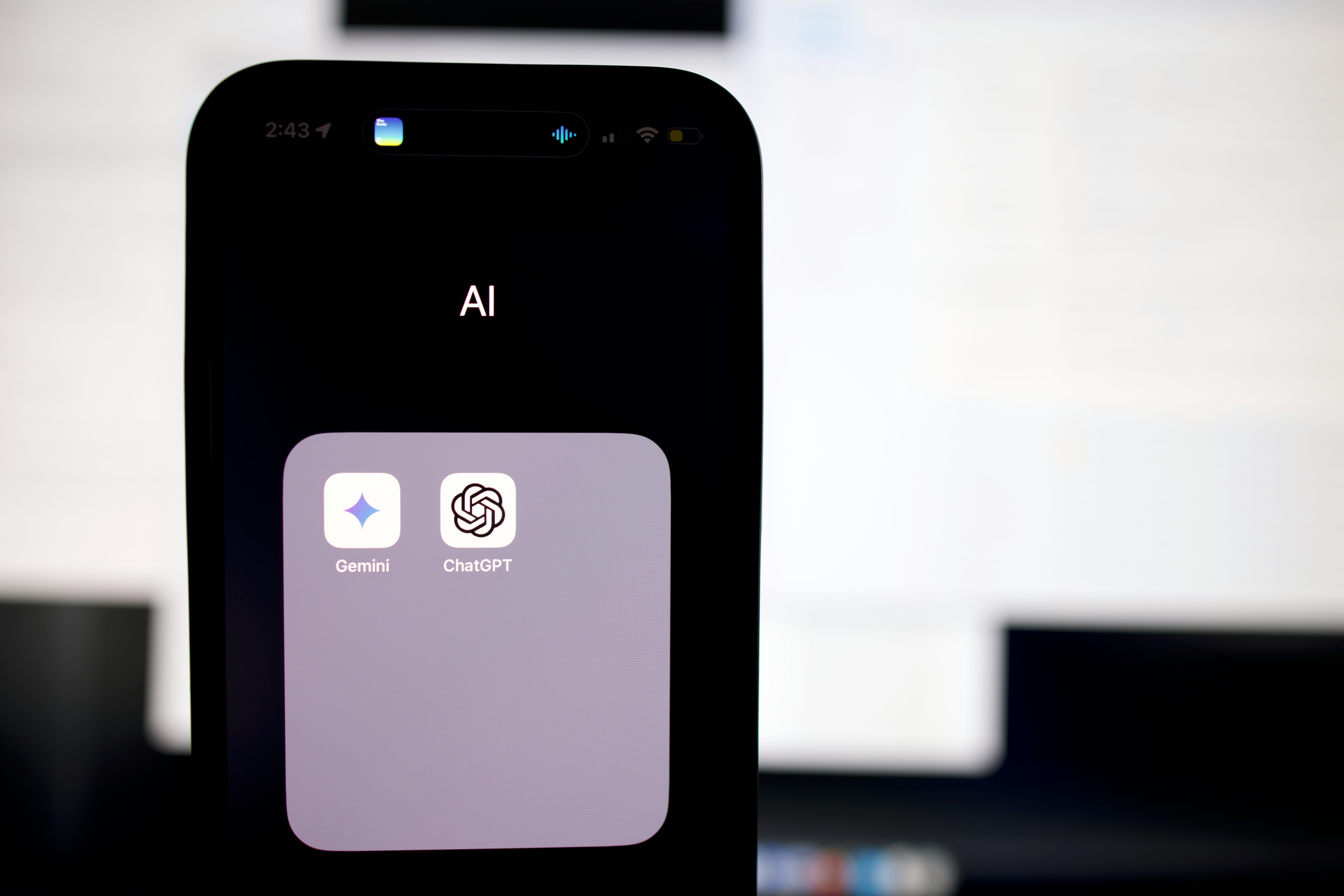In an unprecedented move, the UK government has officially criminalized the creation of sexually explicit deepfake images. This action targets a rising digital menace that has far-reaching implications for privacy, security, and personal safety. Deepfakes, which harness sophisticated artificial intelligence to fabricate convincing media, have been leveraged in disturbing ways, often without the consent of those depicted. The new legislation marks a significant step in combating this troubling practice that predominantly victimizes women, signaling the government's commitment to tougher penalties and stringent enforcement against such digital violations. The law not only makes the creation of these images illegal but also prescribes severe punishments for those who choose to distribute them, thus reinforcing the stance against this form of digital abuse.
Overview of the New Legislation

Image by Nenad Djokic from Pixabay
Details of the New Law Introduced by the UK Government
The UK government has introduced a stringent new law aimed at combatting the creation of sexually explicit deepfake images. As per the legislation, the act of creating a deepfake with explicit content, without the consent of the individuals depicted, is now considered a criminal offense. This law applies regardless of the creator's intent to distribute the image. Under this legislation, violators face severe penalties including unlimited fines and, if the images are distributed, potential jail time. This law marks a significant step in the government's efforts to curb digital sexual abuse and protect individual privacy.
Implications for Those Creating Explicit Deepfakes
Individuals who engage in the creation of explicit deepfakes without consent now face grave legal consequences. This includes a criminal record, which can have long-lasting effects on one’s personal and professional life. The law targets not only those who distribute these images but also those who create them with the intent to cause distress, humiliation, or harm to the depicted individuals. This broad scope ensures that all aspects of the creation and distribution process are penalized, aiming to deter the activity completely.
Consequences and Penalties for Offenders
Offenders found guilty of creating explicit deepfakes can be subjected to unlimited fines, illustrating the severity with which the UK law treats this offense. More so, distributing these images can lead to imprisonment, reflecting the significant harm these actions can cause to victims. This sets a precedent about the UK's stance on digital consent and abuse, aligning with other contemporary issues of online harassment and abuse.
Impact of Deepfakes on Society and Victim Safety
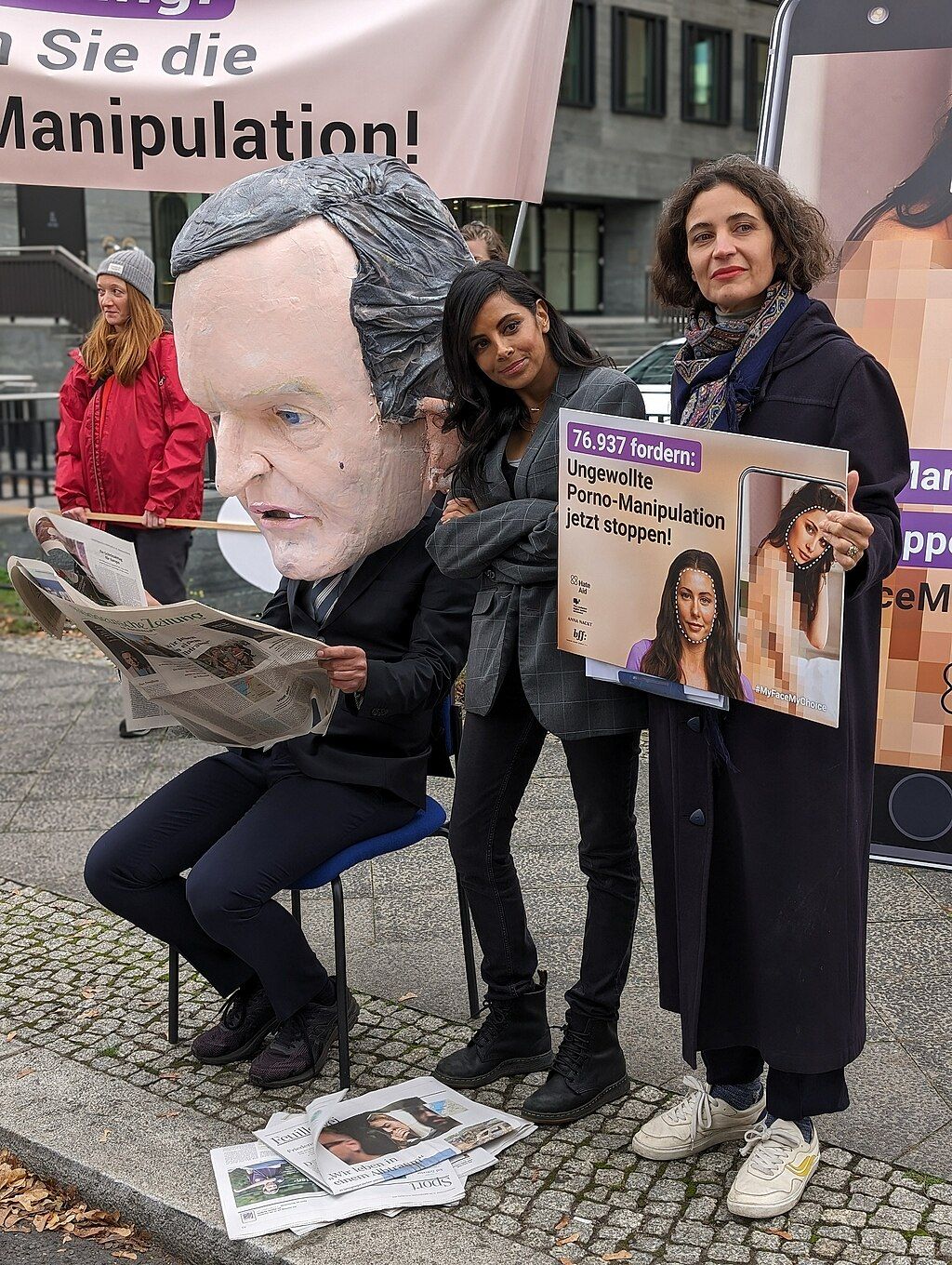
"Petition Deepfake Pornos stoppen - HateAid Berlin 2023-10-17 35" by This image is a work by Wikipedia and Wikimedia Commons user C.Suthorn.
Increase in Deepfake Incidents and Its Implications
The rise in deepfake technology has seen a troubling increase in incidents involving fake explicit content. These images and videos, often undetectable from real footage, can ruin reputations, damage careers, and cause significant emotional distress. The widespread dissemination of such content across digital platforms complicates the efforts to control or mitigate its spread, underscoring the need for stringent legal frameworks like the one recently introduced. It's unfortunate that in fairly short order we've had to witness the nasty harassment of some celebrities such as in the case of Margot Robbie deepfake video or the the underage Jenna Ortega deepfake that went viral.
The Role of Artificial Intelligence in Deepfake Creation
Artificial Intelligence (AI) plays a pivotal role in the creation of deepfakes. By utilizing machine learning algorithms, AI can generate realistic images and videos that are difficult to distinguish from authentic content. As was the case in the hyper realistic Addison Rae deepfake. This technology, while innovative, poses ethical challenges particularly when used for creating deceptive and harmful content. Regulation of AI in the creation of deepfakes is crucial to prevent abuse.
Psychological and Social Impact on Victims
Victims of deepfake abuse often suffer significant psychological effects, including anxiety, depression, and a sense of violation that their likeness has been used without consent. Socially, they may experience ostracism, harassment, and a tarnishing of personal relationships. The impact extends beyond the individual to affect their families and communities, highlighting the far-reaching consequences of this digital abuse. This underpins the government's stringent stance on the issue through the recent legal measures.
Response from Legal and Ethical Standpoints
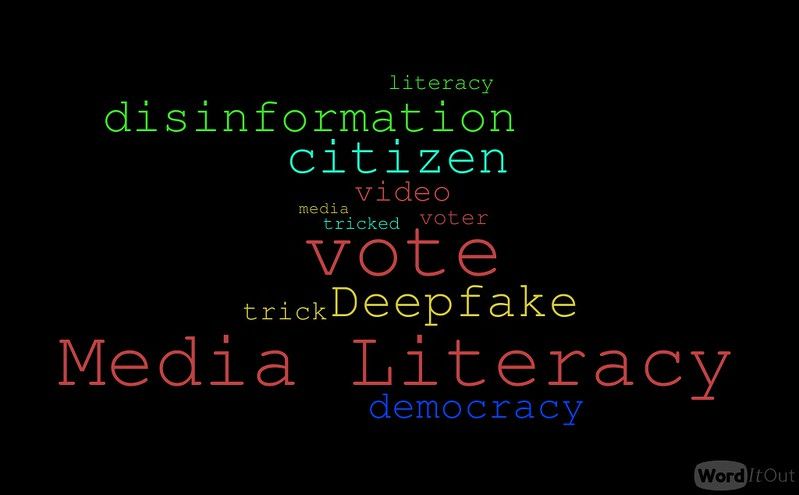
"Deepfake Media Literacy" by Wesley Fryer is licensed under CC BY 2.0.
Support and Opposition for the Legislation from Various Entities
The UK's recent legislation to criminalize the creation of sexually explicit deepfake images has garnered significant support from various quarters, reflecting a widespread acknowledgment of the harms caused by this technology, especially to women. Minister for Victims and Safeguarding, Laura Farris, emphasized the government’s resolve against the malicious creation of deepfakes, underscoring the intent to protect individuals from psychological and reputational damage. Support also came from opposition parties, with the shadow home secretary applauding the government’s move to implement what had been a long-standing demand by various advocacy groups.
Organizations focused on women's safety, like those represented by former Love Island contestant Cally Jane Beech and Deborah Joseph from GLAMOUR magazine, have voiced strong backing for the bill. This aligns with survey findings from GLAMOUR, where a vast majority recognized deepfake technology as a significant threat to women's safety.
However, while the legal change is largely supported, concerns about enforcement and technological challenges remain. Legal experts and technologists ponder the practical aspects of identifying offenders and effectively implementing the law, given the sophisticated nature of AI technologies that facilitate deepfake creation.
Comparisons with Existing Laws Against Cybercrimes
The new legislation against deepfake content builds on existing laws around cybercrime but introduces specific provisions that address the unique challenges posed by deepfakes. Under previously existing laws like the Online Safety Act, sharing of non-consensual intimate images was already criminalized. The new legislation extends these protections to the creation of such images, regardless of whether they are shared publicly, highlighting a proactive rather than reactive approach to cybercrimes.
Comparatively, this law mirrors some of the aspects of legislation against other digital threats like cyberflashing, which was recently addressed under the same Act. Just as the UK has taken steps to tackle emerging online threats comprehensively, this new amendment shows a similar evolving understanding of digital privacy and safety in the internet age, setting a precedent that might inspire similar laws in other jurisdictions.
Future Legal Challenges and Considerations
As this legislation progresses, several challenges are anticipated. One significant area of concern is the technological evolution outpacing legal frameworks. As AI technology continues to advance, the ability to create even more convincing and undetectable deepfakes might pose significant enforcement challenges. Legal experts suggest ongoing updates and revisions to legislation might be necessary to keep pace with technological advances.
Another consideration is the global nature of the internet, where content created in one country can spread across borders with ease. This raises questions about international cooperation and the extraterritorial application of laws like the UK's new deepfake legislation. Future legal frameworks may need to consider multinational agreements or treaties to effectively manage the cross-border nature of digital crimes.
Finally, protecting freedom of expression while cracking down on abusive uses of technology will remain a delicate balancing act. Ensuring that laws against deepfakes do not overreach and stifle legitimate uses of synthetic media is crucial. This will likely be an ongoing topic of debate among policymakers, legal experts, technologists, and civil rights advocates as the implications of the new law unfold in practice.

